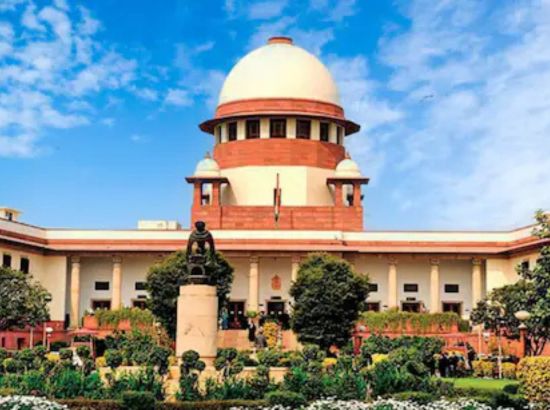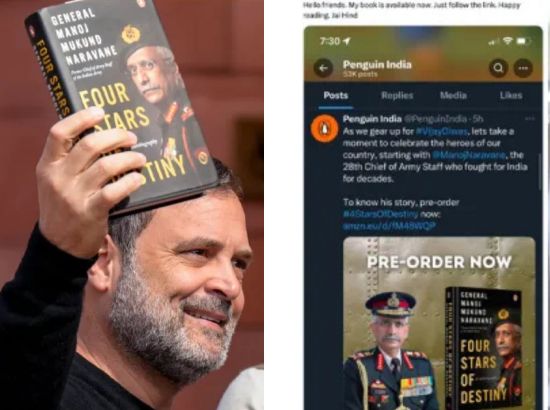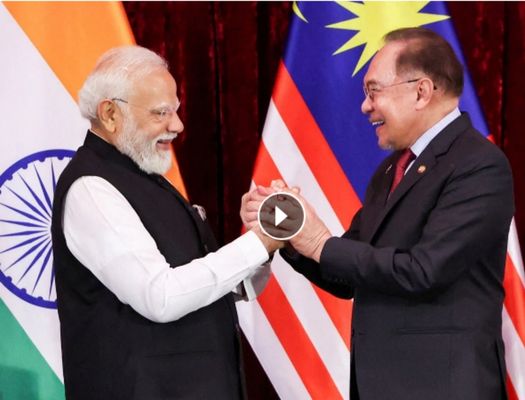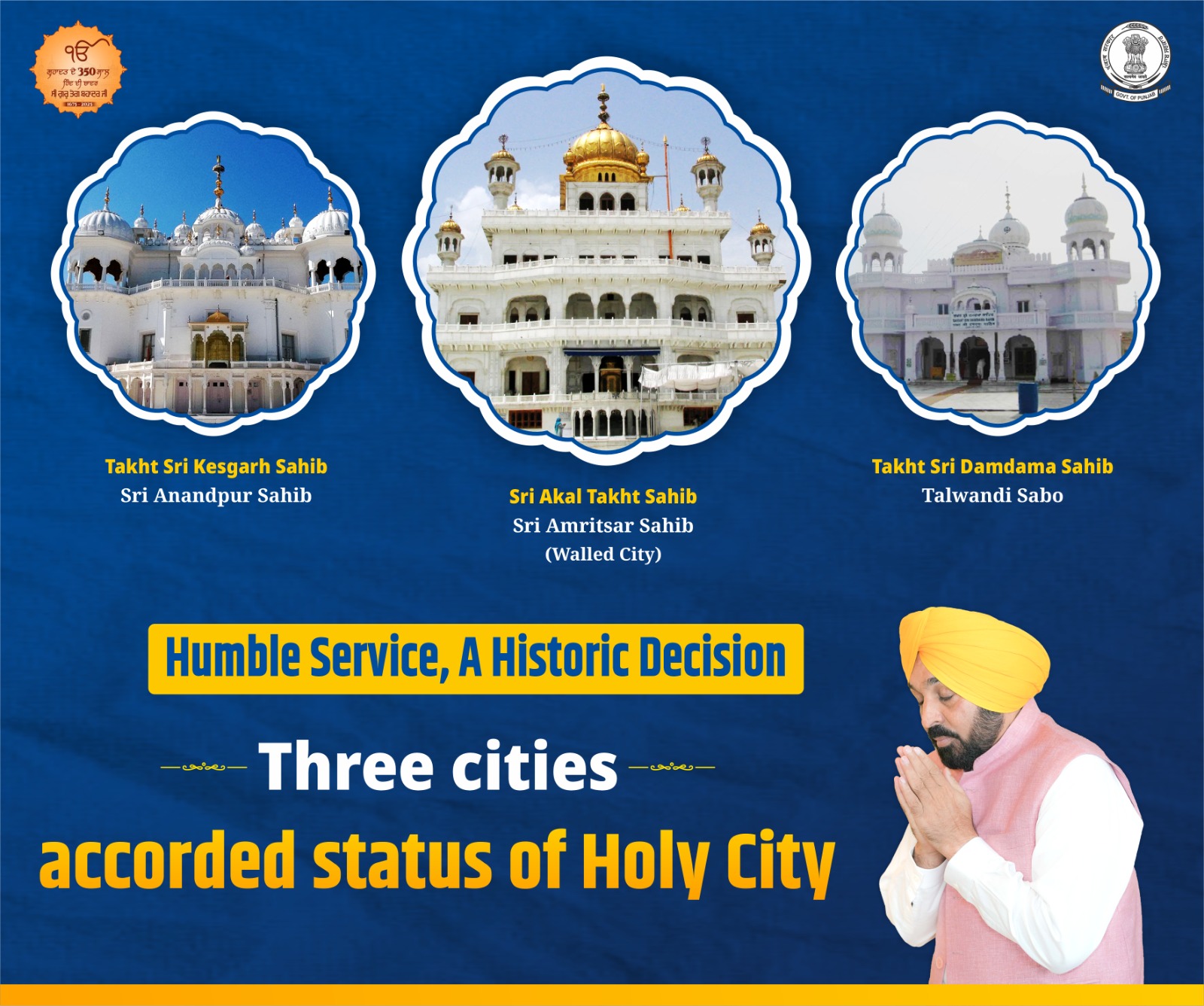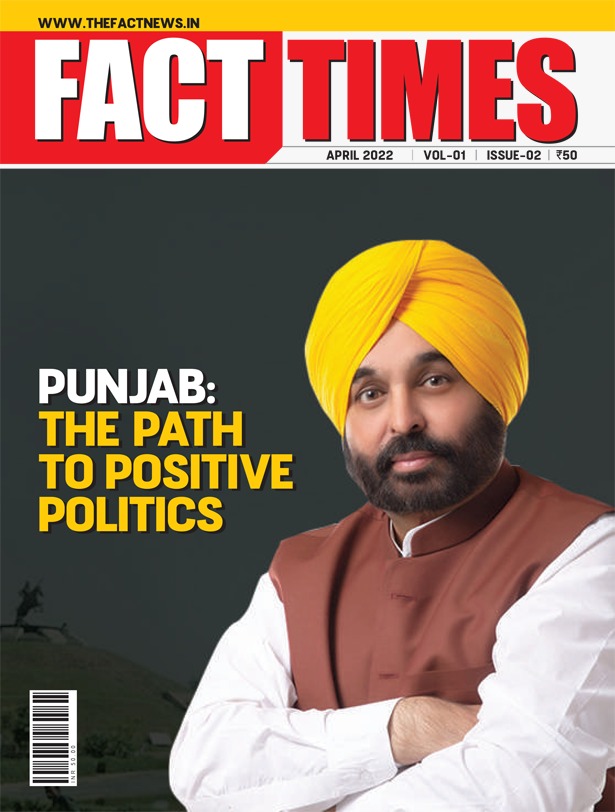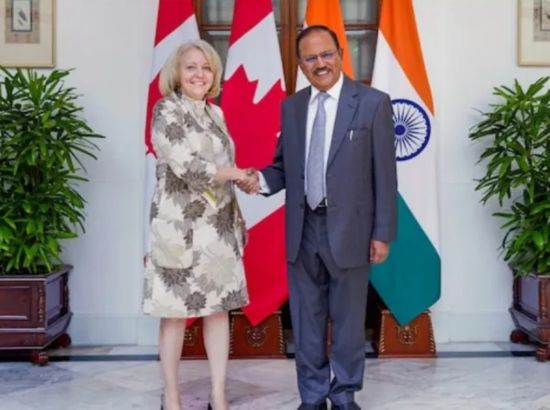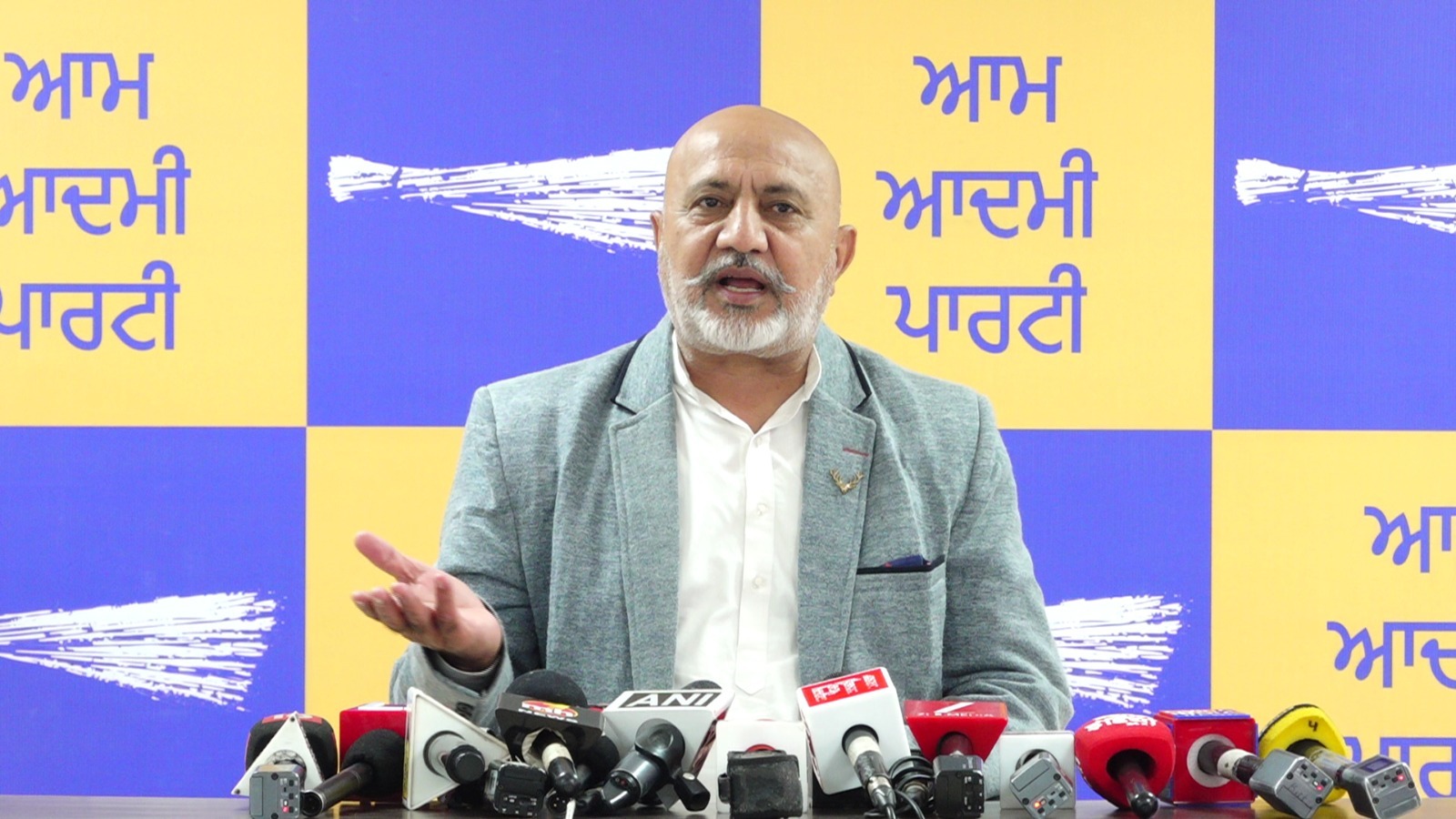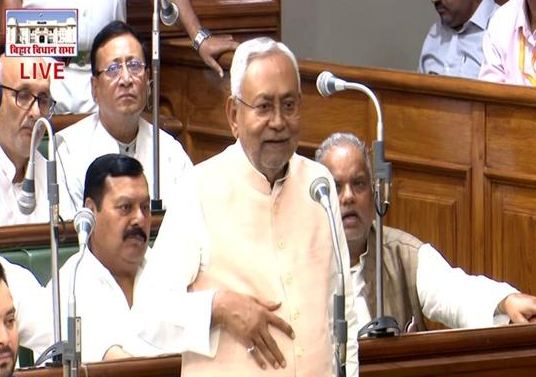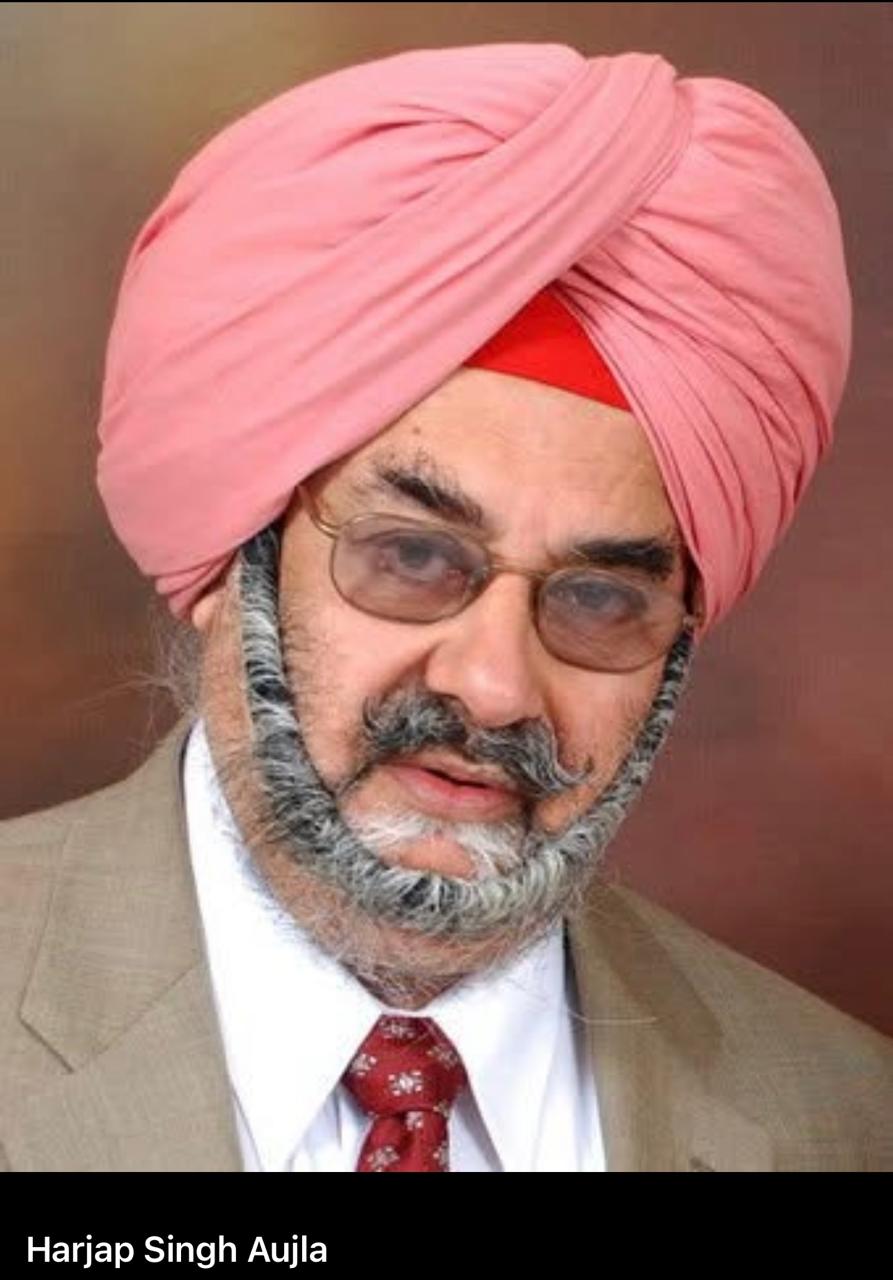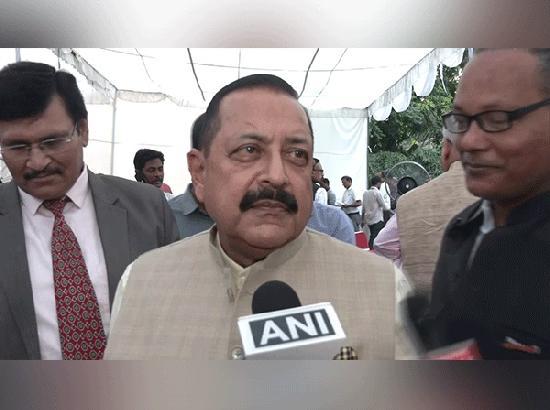DMK moves SC against Special intensive Rolls of electoral rolls in Tamil Nadu

Fact News Service
Chandigarh, November 4: The Dravida Munnetra Kazhagam (DMK) has approached the Supreme Court challenging the Special Intensive Revision (SIR) of electoral rolls ordered by the Election Commission of India (ECI) in Tamil Nadu.
The petition, filed by R.S. Bharathi, DMK Organising Secretary and former Rajya Sabha member, seeks to quash the ECI’s October 27 order, which extended the SIR process to Tamil Nadu based on earlier guidelines issued on June 24, 2025.
According to the DMK, the ECI’s decision is unconstitutional, beyond its legal authority, and violates the Representation of the People Act, 1950 (ROPA) and the Registration of Electors Rules, 1960. The party has contended that the move infringes Articles 14, 19, 21, 325 and 326 of the Constitution and could lead to the mass disenfranchisement of genuine voters.
The plea highlights that Tamil Nadu has already completed a Special Summary Revision (SSR) between October 2024 and January 2025, during which voter rolls were comprehensively updated by adding new voters and deleting ineligible names. Since the list has been continuously maintained, the DMK argues that there is no justification for conducting another full-scale revision.
“There is no necessity or exceptional circumstance warranting such a de novo verification. The SIR is a colourable exercise of power—arbitrary, unreasonable and illegal,” the petition states.
The DMK has traced the origins of the SIR process to Bihar, where the ECI first directed a similar exercise in June 2025. That order is already under challenge before the Supreme Court through petitions filed by the Association for Democratic Reforms (ADR) and the National Federation for Indian Women (NFIW). Despite those pending cases, the ECI on October 27 extended the SIR to several other states and union territories, including Tamil Nadu.
The party has objected to the SIR guidelines that empower ECI officials to verify citizenship status, arguing that such powers rest exclusively with the Union Government under the Citizenship Act, 1955. The guidelines also permit Electoral Registration Officers (EROs) to refer suspected non-citizens to the competent authority—without any legal or procedural safeguards, according to the petition.
The DMK claims that the procedures prescribed under the SIR—such as door-to-door verification, distribution and collection of forms, and recommendations for inclusion or exclusion by Booth Level Officers (BLOs)—have no basis in existing law, as they are absent from ROPA and the 1960 Rules.
The petition further criticizes the restricted list of acceptable documents under the SIR. Common IDs like ration cards, PAN cards, and voter ID cards have been excluded, while only 13 specific documents are allowed, with Aadhaar added later following a Supreme Court order in the Bihar case.
The DMK has also described the SIR timeline as unrealistic and arbitrary, noting that it requires BLOs and EROs to finish the enumeration, verification, and claims process within two months—a period coinciding with monsoon rains and the Pongal festival season in Tamil Nadu.
Additionally, the overlapping schedule for claims, objections, and appeals makes it practically impossible for wrongfully excluded voters to obtain relief before the final publication of electoral rolls on February 7, 2026. This, the DMK argues, effectively nullifies the statutory right to appeal under Section 24 of ROPA.
The party has therefore sought the quashing of the ECI’s June 24 and October 27 orders, and an injunction restraining the Election Commission from carrying out the Special Intensive Revision in Tamil Nadu
.

